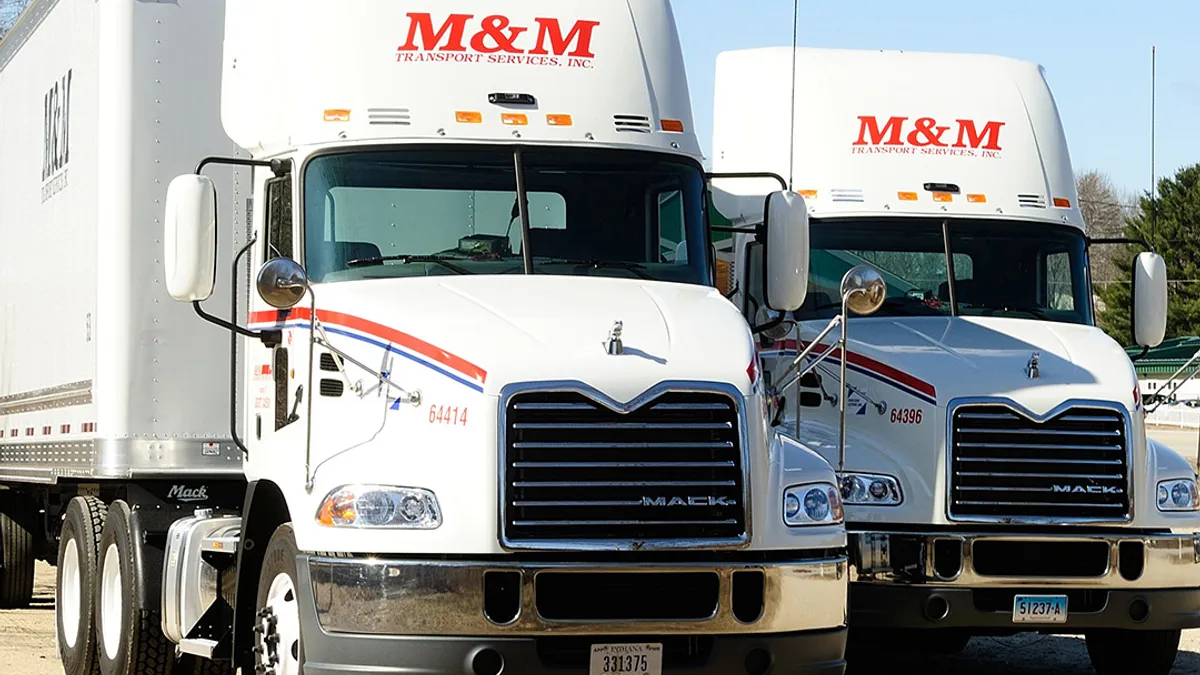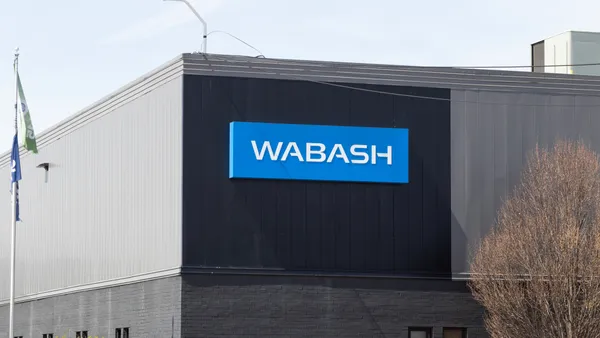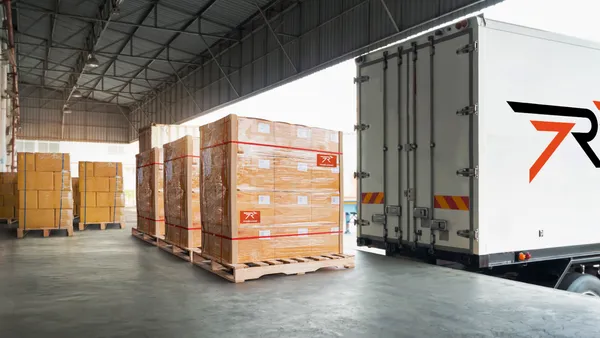The freight market isn’t what it used to be. Following months of overcapacity and a weak peak season outlook, experts say the environment is ripe for more mergers and acquisitions.
In the past 2 ½ years, the trucking industry rapidly expanded to cash in on the pandemic fueled buying frenzy, which saw shippers paying historically high rates to get goods to market. Now smaller carriers — especially those who sought to cash in on record rates and took on debt to buy equipment — are struggling to make ends meet in a weak economy, industry experts said.
“Now you’ve got a lot of small and medium-sized companies whose profitability has dropped off monetarily,” said Peterson Hawkins with Lilium Group, a private equity firm.
As businesses in this situation seek a way out, larger carriers with cash on hand see a buying opportunity.
“It’s kind of a perfect storm for a lot of acquisitions,” Hawkins said.
More deals are on the horizon
The fourth quarter of 2021 was the top of the seller’s market, according to Billy Hart, managing partner for M&A consultancy Bluejay Advisors.
In the years that followed, companies and owners weathered economic uncertainty, supply chain disruptions and rising interest rates, altering acquisition dynamics. Now, companies that have weathered the pandemic and the related economic events are ready to exit, Hart said.
Beyond the economy, generational trends are also influencing the acquisitions market. "Baby boomers are desiring to exit their companies," Hart said, noting many carriers lack a succession plan. “They want to monetize what they can and be done with it.”
Blujay Advisors’ analysis suggests M&A volume will slowly increase in the coming quarters with the second half of 2024 returning to a more robust deal market.
This assessment is shared by the accounting and consulting firm KPMG.
Scott Heery, a KPMG partner who specializes in transportation and manufacturing M&A, said more and more trucking executives are engaging consultants to about sell opportunities in the past year, and momentum is building for a busy 2024.
“We can see that from the sellers that are starting to get ready and go to market … they’re talking to bankers, so I think we’re close to the turn,” Heery said. “I think there is going to be a spike in ’24 and it will accelerate consolidation again within the [trucking] sector.”
Willing to wait for the right acquisition
Despite weak rates and a soft economy, some of the nation's largest carriers have expressed a desire to expand.
Executives with Schneider National and Hub Group both indicated during recent earnings calls an openness to continue their respective growth strategies through acquisition.
Hub Group President and CEO Phillip Yeager said in July that his company maintains “a strong pipeline of acquisition opportunities” that could bolster its non-asset logistics segment. And while Schneider National recently bought M&M Transport and does not plan more deals this year, CEO Mark Rourke in August said future purchases of well-run dedicated contract carriers with a 25- to 30-year history and no solid succession plan are on the table.
There are plenty of privately held companies that fit that description with owners who will eventually want out, Jonathan Phares, assistant professor of supply chain management at Iowa State University, wrote in an email to Trucking Dive.
“Carriers with valuable books of business or strong asset bases are more likely to be acquired than small carriers with fewer shipper relationships and trucks,” Phares said.














